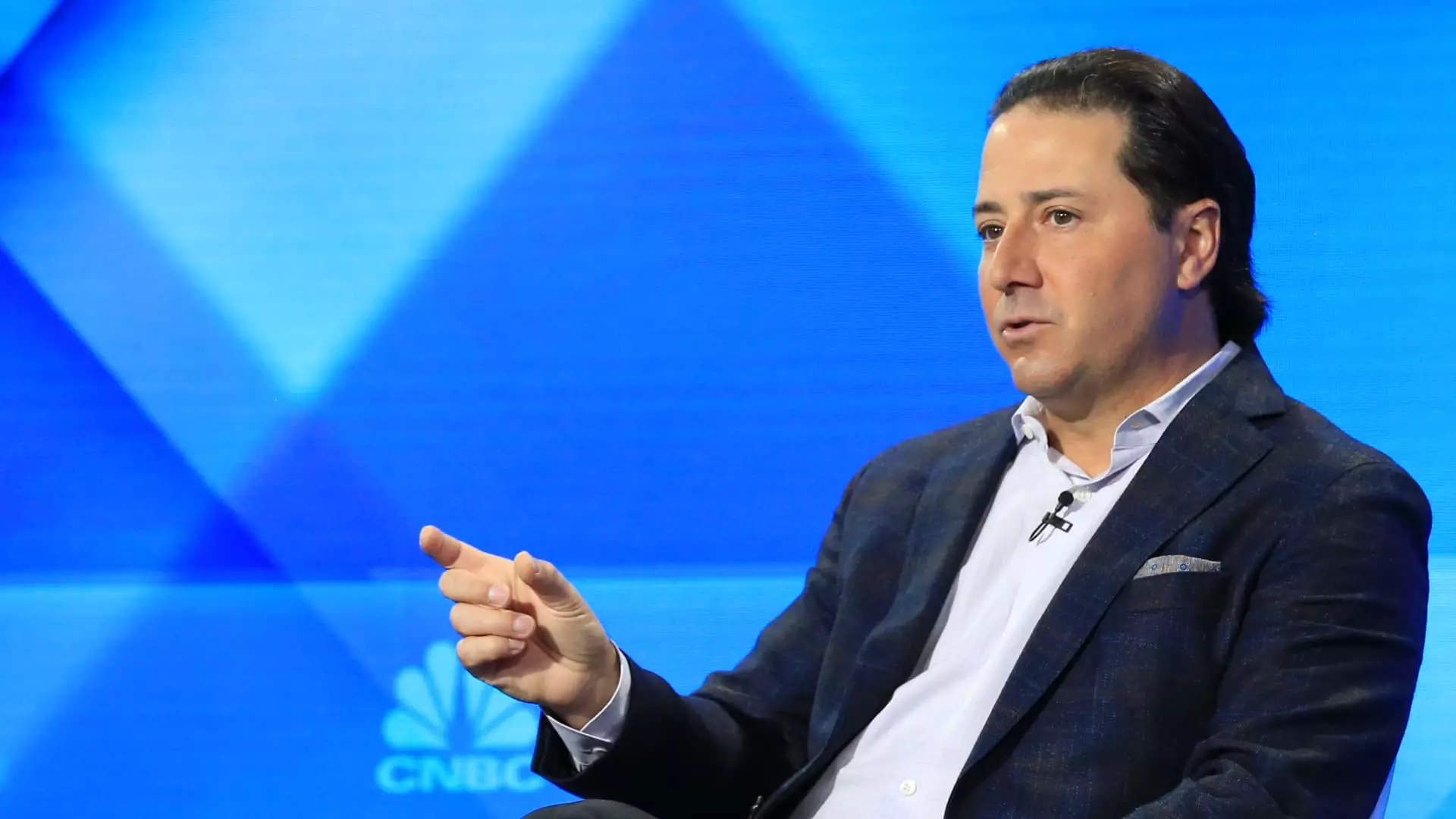The recent surge in private credit has raised a myriad of concerns, with one of the most prominent being the lack of experience in managing a widespread downturn. As the sector continues to grow, questions arise regarding the potential repercussions for borrowers during times of crisis.
During JPMorgan’s Investor Day, Chairman and CEO Jamie Dimon addressed the migration of assets to non-bank sectors. While expressing confidence in the bank’s ability to compete, Dimon emphasized the importance of considering the broader implications for the economy. He cautioned that private-credit borrowers may find themselves in a difficult position when faced with economic challenges, contrasting the approach of banks in crisis situations to that of the private-credit industry.
In response to Dimon’s remarks, Ares Management CEO Michael Arougheti defended the private-credit industry, citing a long history of successful investments. Arougheti highlighted the industry’s track record of low loss rates and argued against the perception of increased risk. He refuted claims that private credit would be unprepared for a market downturn, emphasizing the consistency and stability of the firm’s performance over the past three decades.
Ares’ Executive Chairman, Tony Ressler, echoed Arougheti’s sentiments, asserting that the growth of private credit could actually reduce systemic risk. Ressler emphasized that private-credit assets are held by companies with lower leverage and more stable financing structures, which he believes contributes to overall risk mitigation in the financial system.
An analysis by the Federal Reserve compared default rates in private credit with those of traditional banks, revealing varying recovery rates. While private-credit loans showed lower recovery rates upon default compared to syndicated loans or high-yield bonds, the sector’s exposure to industries with less tangible assets was cited as a contributing factor.
As private credit continues to expand, its interconnectedness with the traditional banking space grows stronger. JPMorgan, as a significant player in the financing of private-credit portfolios, is adapting its operations to include direct lending and co-lending programs. This integration between private credit and traditional banking poses potential challenges should an economic downturn occur.
While the private-credit industry has enjoyed substantial growth and success, concerns remain regarding its ability to weather a significant economic downturn. As the sector becomes more intertwined with traditional banking, the ramifications of a potential crisis could extend beyond private-credit borrowers to impact the broader financial system. As stakeholders navigate the risks and rewards of private credit expansion, careful monitoring and adaptation will be essential to mitigate potential vulnerabilities and safeguard against systemic disruptions.

